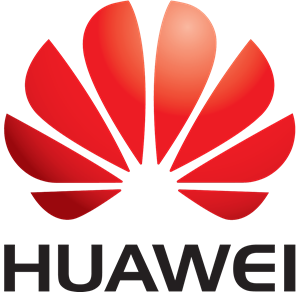Royal Philips (NYSE: PHG AEX: PHIA), the global leader in lighting, announces that it has become the first patron sponsor of the International Year of Light in 2015, a UNESCO-led initiative.
In this role, Philips will work with UNESCO and a large consortium of scientific bodies to raise awareness of the ways that light-based technologies can provide solutions in the areas of energy, education, agriculture, health and wellbeing.
2015 and the International Year of Light presents the opportunity to realize the potential of recent innovations in lighting to benefit people both socially and economically, while addressing the global challenge of climate change at the same time. As the leader of the LED revolution, Philips will support the United Nations to help unlock the transformative power of light for people everywhere.
“As patron sponsor, we bring our wealth of understanding of energy efficient lighting and our knowledge of the physiological and emotional benefits of light. LED technologies and digital lighting have made lighting solutions more energy efficient, controllable and accessible. Light has entered a digital era. It is now connected to networks, devices and apps, enabling people and organizations such as Philips and UNESCO to address the world’s challenges like never before,” comments Harry Verhaar, Head of Global Public and Government Affairs at Philips Lighting.
 Today Philips is helping some of the 1.5 billion people globally who still don’t have access to electric light after dark through solar powered community light center. Demand for energy by cities is predicted to increase substantially as 60% of the world’s population migrates to urban environments by 2030. Philips’ connected, controllable LED lighting can help cities realize savings of 40-80% on energy used for lighting.[1] Philips also applies its knowledge of light and its effect on human beings in solutions that have an impact on people’s everyday lives. For example, Philips’ SchoolVision enhances pupils’ concentration at school, while the HealWell lighting system for hospital patient rooms has a positive effect on patients’ biorhythms by helping them fall asleep quicker and sleep longer.
Today Philips is helping some of the 1.5 billion people globally who still don’t have access to electric light after dark through solar powered community light center. Demand for energy by cities is predicted to increase substantially as 60% of the world’s population migrates to urban environments by 2030. Philips’ connected, controllable LED lighting can help cities realize savings of 40-80% on energy used for lighting.[1] Philips also applies its knowledge of light and its effect on human beings in solutions that have an impact on people’s everyday lives. For example, Philips’ SchoolVision enhances pupils’ concentration at school, while the HealWell lighting system for hospital patient rooms has a positive effect on patients’ biorhythms by helping them fall asleep quicker and sleep longer.
Throughout the International Year of Light, Philips will be involved in a number of activities. For example, we will participate in the IYL2015 program “Study after Sunset” to promote the use of portable solar-powered high brightness LED lanterns in regions where there is little or no reliable source of light.
Dr. Maciej Nalecz, Director of International Basic Sciences Program at UNESCO HQ in Paris adds: “UNESCO is very keen to engage with Private Sector partners in its activities in areas of sustainability and development. Philips is a natural partner of the International Year of Light and we look forward to working with them during 2014 and 2015.”





